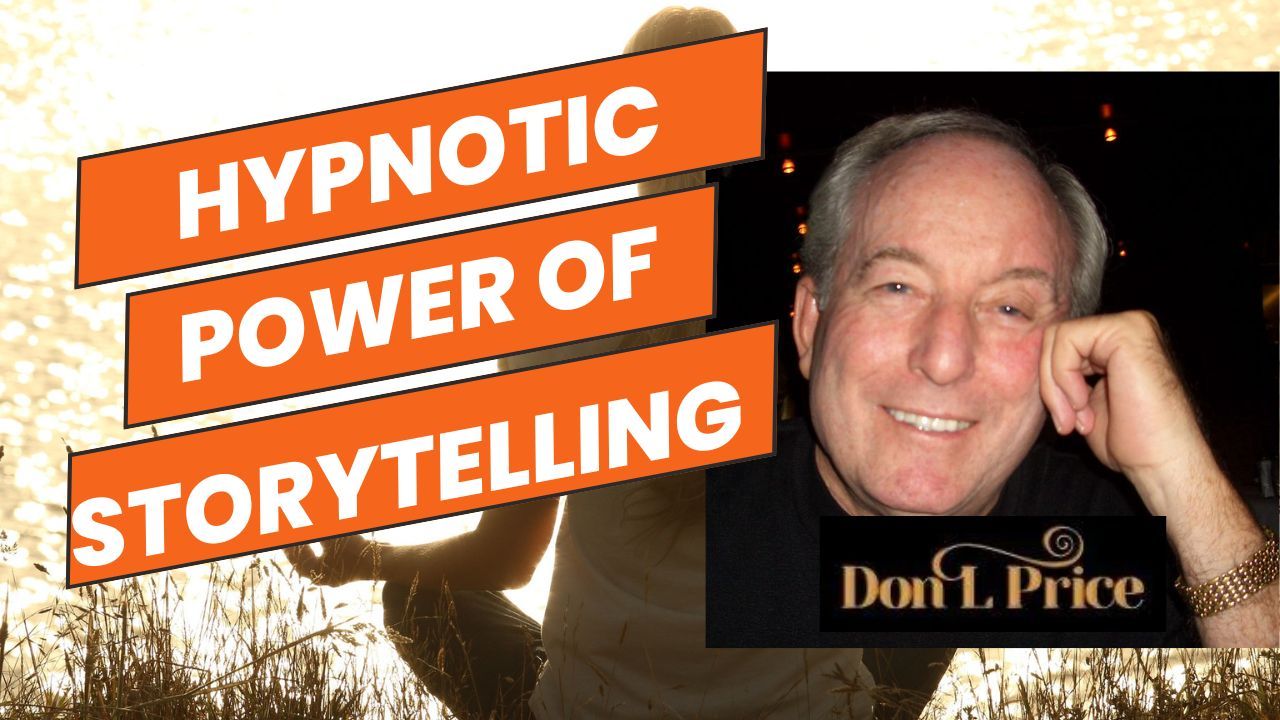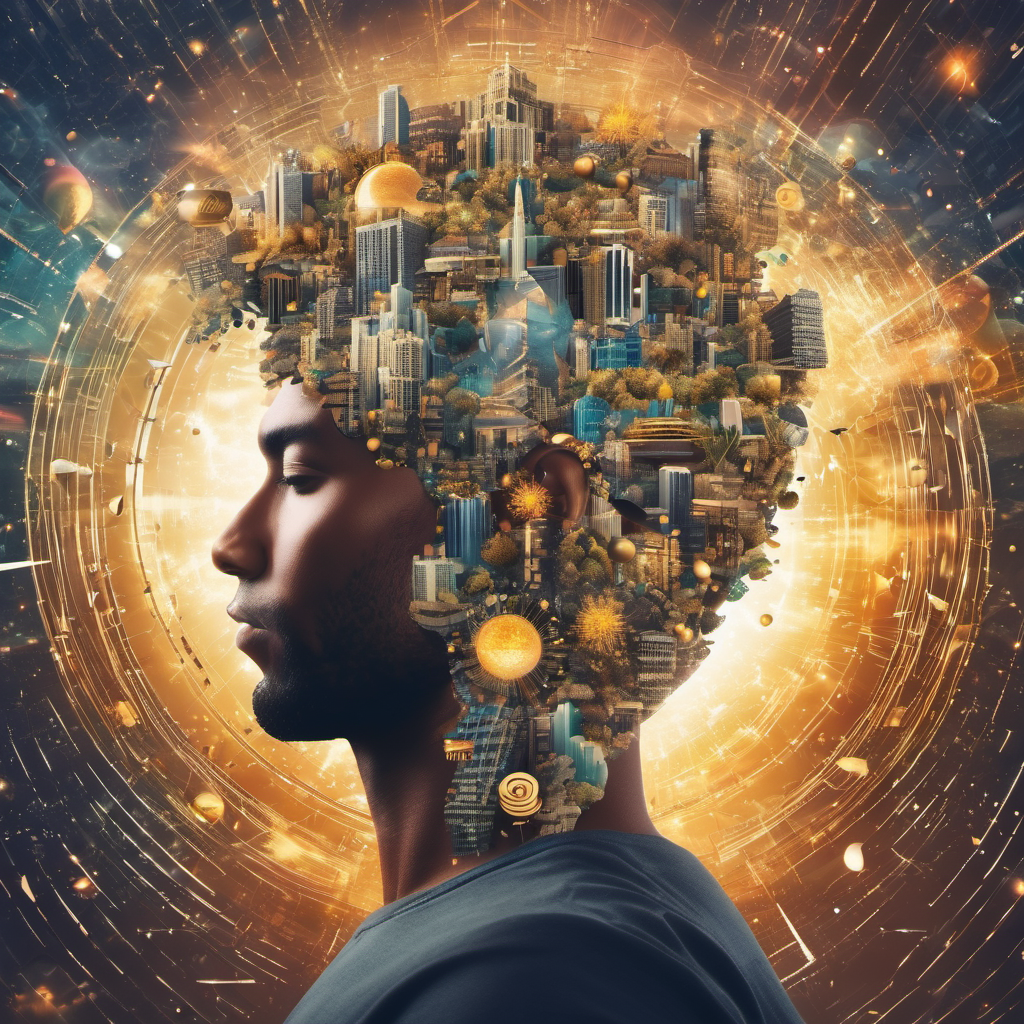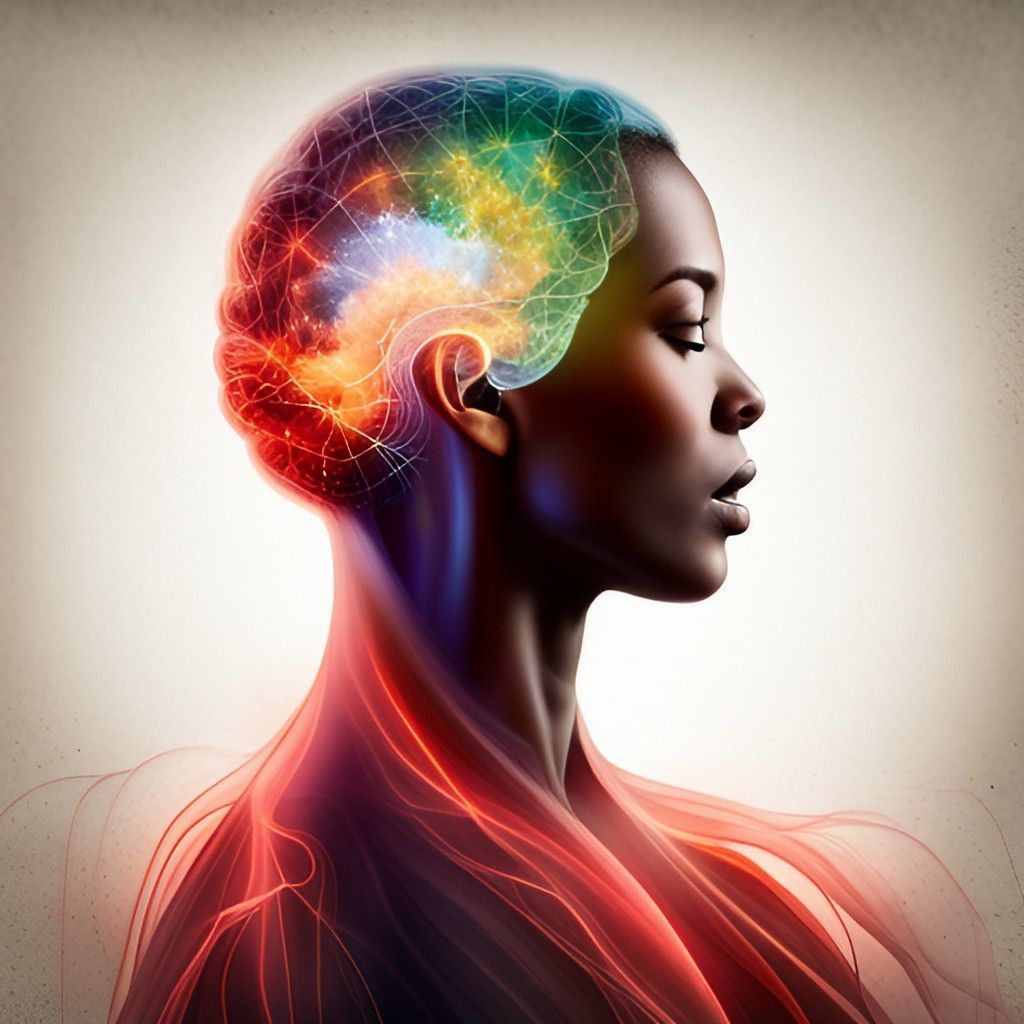Exploring the Mysterious Relationship of Sleep and the Mind
Sleep is a significant aspect of our lives, but it is also mysterious. When we sleep, our minds go through a range of cycles, making neurological and physiological changes.

Have you ever wondered about the connection between sleep and the mind? In this blog post, we will take a look at some of the most fascinating facts about sleep and the mind.
Dreaming aids memory consolidation and strengthens our emotional and mental health. Dreams provide a safe platform for individuals to explore, process, and consolidate daily events. They create links between new and existing information, which allow the mind to process and understand things more effectively. Research shows that individuals who don't get adequate restful sleep are slower to learn and have lower memory consolidation, which adversely affects their mood, emotional control, and cognitive flexibility.
Our sleep cycles aid in both physical and mental restoration, ensuring that our bodies and minds get the recuperation they require. The human sleep cycle consists of five stages, each with a unique power to help restore, reboot, and prepare our bodies and minds for the following day. For instance, stage one, also known as light sleep, is an essential sleep stage that precedes deep sleep, which is when our muscles relax, and the brain activity slows down. Light sleep usually lasts between one and five minutes before the body transitions to the deeper stages of sleep.
When we dream, our brains go through similar processes as while we daydream. Hence, dreams are linked to the default mode network of the brain that is active when we engage in mindful thought processes. The default mode network is essential in creating daydreaming states and the self-referential organization of thoughts. Interestingly, most of the emotional and cognitive functions involved during dreaming occur throughout the same brain regions, which occur in conscious thought processes.
REM sleep creates a stream of images, thoughts, and sensations that appear to mimic those in your waking life. Rapid Eye Movement (REM) sleep is the sleep cycle in which most dreaming occurs. This stage of sleep is essential for individuals struggling with anxiety disorders, as it can help to diminish the emotional level of distressing factual memories. REM sleep also helps minimize the negative impact of unwanted images on an individual's emotional well-being.
Sleep paralysis is a terrifying experience that occurs as we slip in and out of REM sleep. In some instances, individuals may experience muscle paralysis during sleep, while still feeling conscious. Those who experience sleep paralysis have reported waking up during the night while being unable to move or talk. This can be an incredibly traumatizing event that can affect their capacity to get a good night's sleep.
Conclusion:
Sleep is essential to our overall well-being, and understanding its importance to the mind is essential. The more we learn about sleep and the mind, the more we can improve the way we handle our mental and emotional well-being. If you struggle to establish good sleep hygiene, the first step is to identify the factors contributing to your sleep difficulties. Afterward, work on creating an environment conducive to good sleep, establish healthy sleep habits and routines to improve your sleep quality. Remember that sleep is a practice that we can intentionally improve over time with effort, determination, and commitment.
Author Don L Price
You’re Welcome to Review Me on Google
Please take the time to comment on this post. Your voice matters to us, and we eagerly await your thoughts
Share Away in the Comment Section Below Now!
Manifesting—The Art of Consciously Creating What You Desire!







Schedule A Free Video Consultation & Strategy Session
Contact
Hours
Mon - Thu 10:00 am - 7:00 pm
Friday 10:00 am - 6:00 pm
Saturday 10:00 am - 4:00 pm
Don L Price - Hypnotherapy and Mindset Coach





